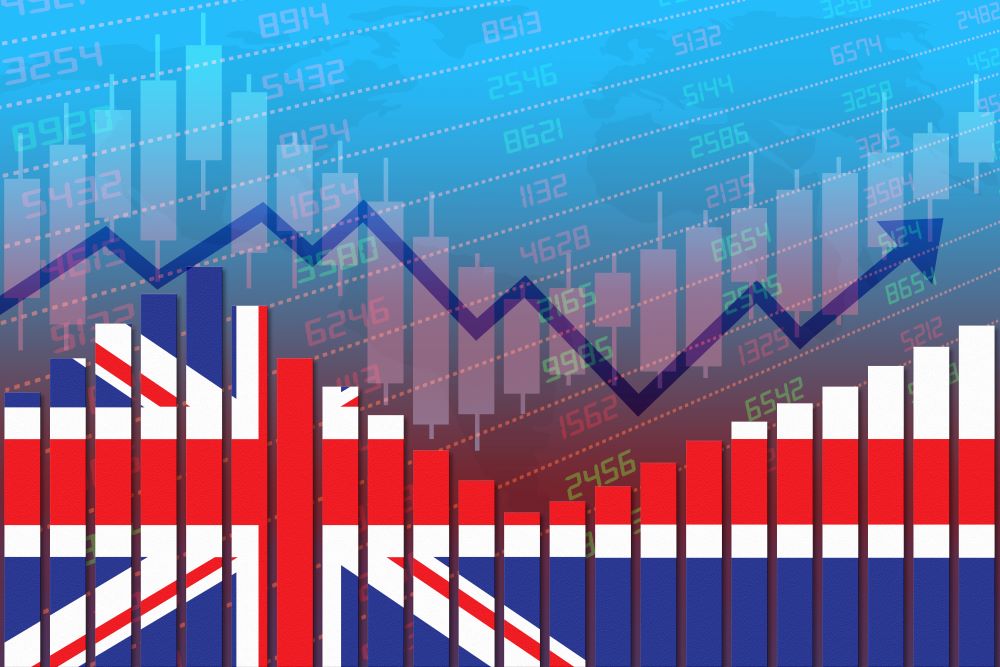
Cost pressures for Britain’s manufacturers are growing at their fastest rate since 1980, making higher prices for consumers inevitable.
The CBI’s latest Industrial Trends Survey showed that manufacturing output volumes in the quarter to January grew at a slower pace than in December, though growth remained firm compared with the long-run average.
Labour shortages were also at their most acute in almost half a century, it concluded.
Rain Newton-Smith, the CBI’s chief economist, told the Guardian: “Global supply-chain challenges are continuing to impact UK firms, with our survey showing intense and escalating cost and price pressures.”
Export demand increases
Total new orders in the quarter to January grew at a faster pace compared to October, with the acceleration driven by faster growth in domestic and export orders.
However, manufacturers expect this to slow in the next quarter.
Export price growth was also at its quickest since April 1980 and is expected to accelerate in the next quarter, the report said.
Investment ready
Gabriella Dickens, senior UK economist at Pantheon Macroeconomics, told Capital.com that firms were now more keen to invest than any time since 1988.
“As supply constraints ease, manufacturing output should spring back, especially since significant backlogs of work have amassed over the last year,” she added.
Global growth downgrade
The Independent reports that the IMF has downgraded global growth outlook for 2022 to 4.4% from 4.9% due to disruption caused by spread of Omicron variant and the ongoing supply chain crisis.
UK growth has been cut to 4.7%, from the 5% predicted in October. IMF figures for 2021 claimed UK GDP bounced back by 7.2%.
The IMF said: “The global economy is entering 2022 in a weaker position than anticipated.”
The latest IHS Markit/CIPS PMI figures also saw UK economic growth starting to slow as consumer facing companies lost momentum due to Omicron, with the index at its lowest for 11 months.


